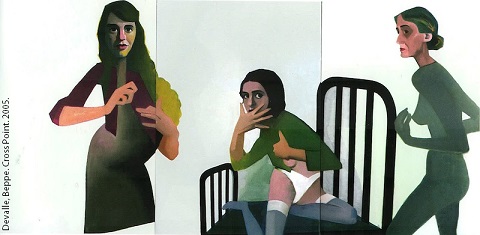Di fronte alla malattia dell’altro: la narrazione come atto riparativo e testimoniale
DOI:
https://doi.org/10.13130/2035-7680/14516Keywords:
memoir; death; narrative; relational selfAbstract
This essay focuses on memoirs written by someone facing the illness and death of a family member. Authors rely on narratives to make sense of mortality, to alleviate their own pain and bear witness to the suffering of others. On one hand, these texts are biographies, aimed at preserving the memory of a loved one; on the other, they are autobiographies, since illness stories heavily affect caregivers’ and family members’ lives too. Hence, the memoir consists at least of these two interwoven narratives, which disclose complex psychological landscapes, elicit ethical questions and engage in a struggle against trauma. This essay sheds light on the main features of such texts, by suggesting a comparative reading of The Year of Magical Thinking (2005) by Joan Didion and Swimming in a Sea of Death (2008) by David Rieff. Both memoirs are investigated from a narratological perspective and entail a discussion of the limits and illusions of... communi...narrativeommunication.




